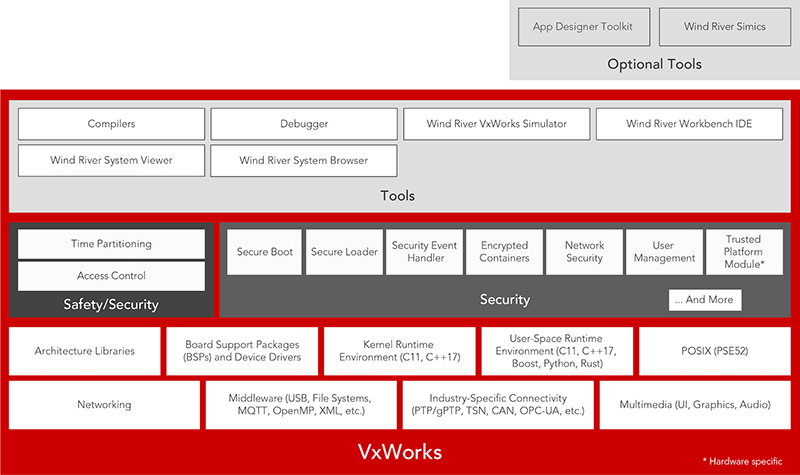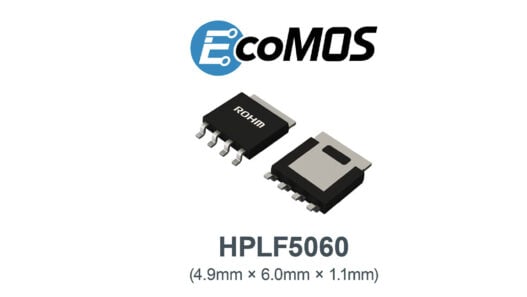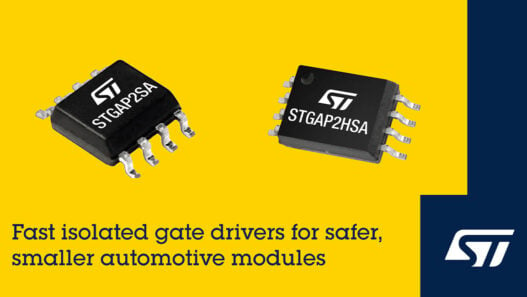Once isolated and purpose-built, embedded systems are rapidly adding new capabilities like greater connectivity, reusability, and flexibility. At the same time, the fundamental requirements of a real-time operating system have not changed. In many cases, the proper functioning of the RTOS ensures the protection of human lives and the environment, and is built on the four non-negotiable pillars for RTOSes of security, safety, reliability, and certifiability.
As the embedded systems world changes rapidly, the pace of innovation is gaining momentum due to advances in technology and increased competition. Lower technology costs and shifts in business models further accelerate this evolution as IT and OT systems begin to merge. As a result, developers of embedded system software are moving to modern methodologies in search of greater efficiency, productivity, and portability.
New software engineers are coming into embedded systems with a high comfort level with abstraction and prefer to focus on the application rather than the underlying infrastructure; they want to build embedded systems using IT-like methodologies, programming languages, and frameworks. They are also leveraging low-cost hardware like Raspberry Pi to build inexpensive prototypes and move quickly from concept to functioning device.
Changing expectations for embedded systems cascade down to the operating systems that power them. Today’s RTOSes must keep pace with innovation and embrace modern development practises. They must work with new, more complex processors. Their design should enable new, faster development cycles in the industry. This means being compatible with the frameworks, languages, and methodologies being embraced by the new generation of embedded system developers. Today’s RTOSes must meet all of these new criteria without any compromises to security, safety, performance, and reliability.
Wind River VxWorks now empowers developers with popular programming languages and libraries, along with cloud-based development tools and infrastructures to create a new era of mission-critical applications that require the highest levels of security and safety. VxWorks is the first and only RTOS with support for C++17, Boost, Python, and Rust collection of technologies.








